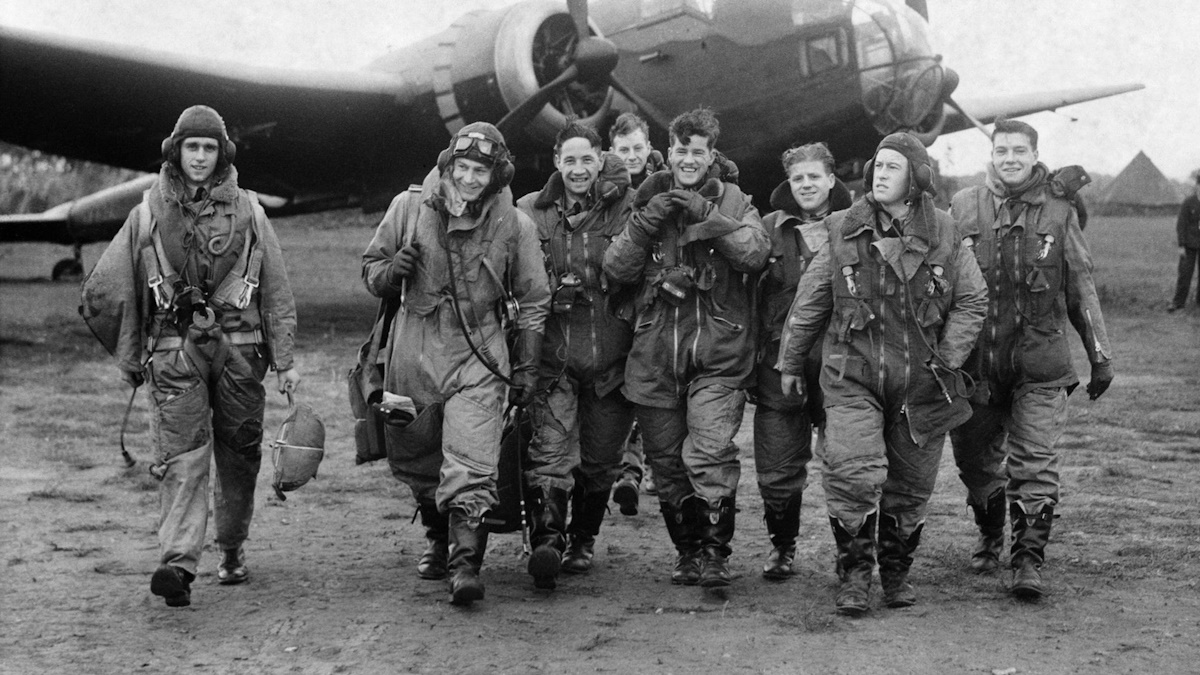Overview of the UK's Involvement in World War II
The United Kingdom played a pivotal role in World War II, standing as one of the primary Allied powers against Nazi Germany and the Axis forces. From the outbreak of war in 1939 to its conclusion in 1945, the UK demonstrated remarkable resilience, strategic importance, and leadership that significantly contributed to the Allied victory.

Key Events Timeline
1939
September 3: UK declares war on Germany following the invasion of Poland
1940
May-June: Dunkirk evacuation
July-October: Battle of Britain
1941
May: The Blitz ends
December: UK declares war on Japan
1942
August: Dieppe Raid
1944
June 6: D-Day landings
1945
May 7: Germany surrenders
August 15: Japan surrenders, ending WWII
Major Contributions and Battles
Battle of Britain
The Battle of Britain was a crucial air campaign fought over British skies in 1940. The Royal Air Force (RAF) successfully defended the UK against large-scale attacks by Nazi Germany's air force, the Luftwaffe.
The Blitz
Between September 1940 and May 1941, the UK endured intense bombing raids in a period known as The Blitz. Despite severe damage to cities and infrastructure, British morale remained high.
Naval Warfare
The Royal Navy played a vital role in protecting Atlantic convoys, engaging enemy fleets, and supporting amphibious operations like D-Day.
Code-breaking at Bletchley Park
British cryptanalysts at Bletchley Park broke the German Enigma code, providing crucial intelligence that significantly shortened the war.
Home Front
The war effort transformed British society:
- Rationing of food and goods
- Women taking on traditionally male roles in factories and farms
- "Dig for Victory" campaigns to grow food
- Blackouts to protect against air raids
Key Figures
| Name | Role | Contribution |
|---|---|---|
| Winston Churchill | Prime Minister | Led the country through the war with inspiring leadership |
| King George VI | Monarch | Boosted national morale by remaining in London during the Blitz |
| Alan Turing | Cryptanalyst | Led the team that cracked the Enigma code |
| Bernard Montgomery | Field Marshal | Commanded Allied ground forces on D-Day |
Aftermath and Legacy
World War II had a profound impact on the United Kingdom:
- Emergence as one of the "Big Three" Allied powers
- Economic challenges and the dissolution of the British Empire
- Establishment of the welfare state and National Health Service
- Strengthened ties with the United States
- Key role in the formation of the United Nations